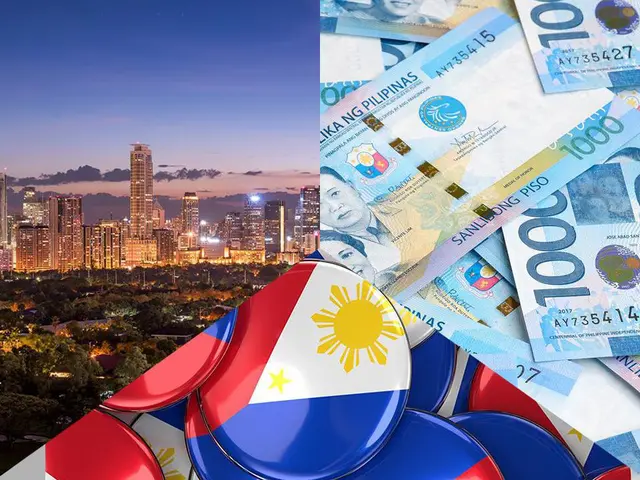By APD writer Melo M. Acuna
MANILA, Feb.19 (APD) – With the growing macroeconomic imbalance amid intensified external shocks, the ASEAN+3 Macroeconomic Research Office reported that the Philippine economy managed to register robust growth.
“In 2019, economic growth is projected to stay resilient, supported by robust domestic demand,” thus said AMRO in statement datelined Singapore yesterday. It said the report was based of AMRO’s Annual Consultation Visit to the Philippines in October 2018 and data availability as of January 25,2019.
It noted the Philippines’ economic growth slowed to 6.2 percent in 2018, “due to weaker external demand and private consumption.” It said the economy is projected to recover to grow by 6.4 percent in 2019. The Duterte Administration’s “Build, Build, Build” infrastructure program will continue to provide energy to the economy as private consumption is also expected to be restored.
“Nonetheless, exports will remain tepid,” AMRO said as headline inflation is expected to continue its downward trend started in late 2018 into the 2-4-percent target range in 2019, due to lower oil prices and continuing rollout of government’s measures to dampen inflationary pressures, including the passage of the rice tariffication bill.
President Rodrigo Duterte signed the bill into law last Friday, February 15 with the National Economic Development Authority preparing the Implementing Rules and Regulations (IRR).
AMRO noted the Philippine external position has weakened due to a wider current account deficit and larger non-foreign direct investment (FDI) capital outflows. International reserves declined “but remained more than adequate in terms of imports coverage and short-term external debt repayment capacity.”
With the high demand for imports of capital goods and raw materials for infrastructure, investment projects, AMRO said the current account will remain in deficit this year. “Non-FDI outflows are expected to ease following the sharp price corrections in domestic assets and as repayments of of foreign debt by domestic residents would have run its course,” AMRO noted.
FDI inflows are said to moderate “on the back of fewer approvals of new projects and higher cross-border borrowing costs.”
However, AMRO said the major risks facing the Philippine economy are mostly short-term. “Externally, escalating global trade tensions and a sharp tightening of global financial conditions remain the major risks,” the statement revealed. Meanwhile, on the domestic front, higher-than-expected inflation and pockets of financial vulnerabilities are the key concerns.
“Policymakers need to remain vigilant on the development of short-term risks and prepare to recalibrate their policy mix to sustain macroeconomic stability,” the international organization said.
AMRO is composed of ten members of the Association of Southeast Asian Nations (ASEAN) and China, Hong Kong, China, Japan and Korea.
(ASIA PACIFIC DAILY)
 简体中文
简体中文

